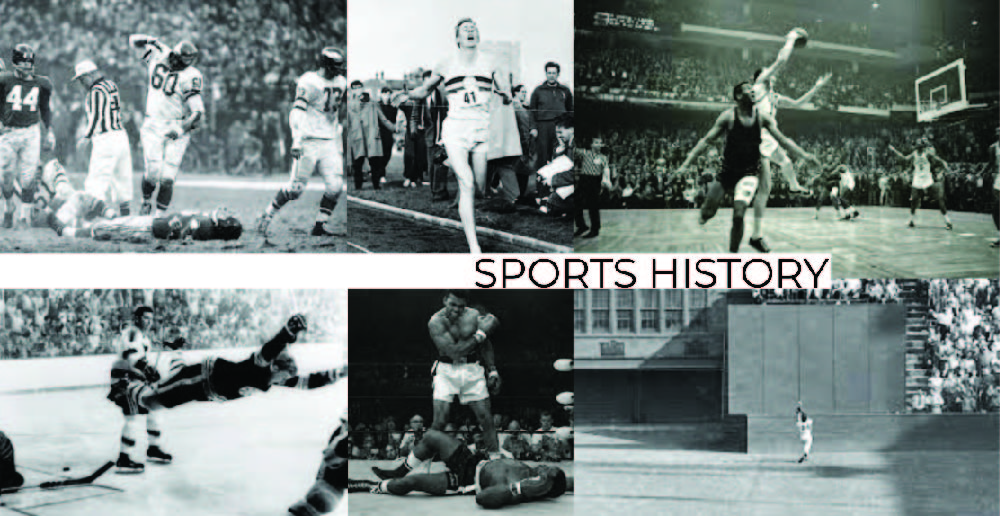There have been 29 Summer and 24 Winter Olympic games in modern history. There is one, however, that is not in the history books. On April 22, 1906, the first and only Intercalated Games opening ceremony was held in Athens, Greece. Even though medals were handed out and acted as any other Olympics, none of them are recognized by the Olympic Committee.
These games were held due to a deal made between the Committee, as Greece wanted the Olympics to stay in Athens after the original 1896 games. However, it was decided the 1900 Olympics would be held in Paris, followed by the 1904 Games in St. Louis. In 1901, though, the Committee decided to hold the Intercalated games every two years in Athens.
These Games would be the first to have a similar opening ceremony to the ones we see today, with countries marching out with a flag bearer for the first time. However, there was a Torch Relay which was first introduced in the 1936 Berlin Games. These games were also the first to host a closing ceremony. There were 854 athletes who competed, 848 of those being men and six being women.
Within the 20 countries that competed, there was no debate on what country was strongest as France bagged 40 total medals. The mark was nearly twice the amount the second-highest country had, those being 15 gold, nine silver and 16 bronze. Fencing was their top sport, led by Georges Dillon-Kavanagh in fencing, who won two gold medals in Individual foil and Team épée and silver in Individual épée. Max Decugis won three gold medals in tennis for the country in singles, doubles and mixed doubles.
The United States tied for third in medals but second for gold with 12 out of their 24. The country did their most work on track and field, winning all but one of their medals in these events. Martin Sheridan was the country’s most impressive performer winning two golds in the discus throw and shot put along with three silvers in the standing high jump and stone throw (now known as discus throw.) Ray Ewry defended his golds in both long and high jump for the third straight games and did so again in the 1908 London Olympics. Paul Pilgrim would win both the 400 and 600-meter races, a feat that would not be repeated until the 1976 Montreal Olympics by Alberto Juantorena.
The home country was second for most medals, with 34, including eight gold, 13 silver and 13 bronze. Shooting was their top sport, with eight medals though only one person, Aristides Rangavis, won more than one medal with two bronze medals in 25-meter rapid fire pistol and 50-meter pistol. Nikolaos Georgantas had the most medals of any athlete from Greece with three, with one gold in stone throw and two in discus throw.
Other notable moments included Finland making their first Olympic debuts and winning their first gold medal in the Discus Greek Style event by Verner Järvinen. Ireland’s Peter O’Connor won silver in the long jump, though it was protested by the British team. Even in protest, O’Connor would climb the pole and hold his country’s flag to a roaring crowd.
Though the Intercalated Games were supposed to be held again in 1910, it never happened due largely to tensions in the Balkans, and it was too soon to host another game however it was World War 1, starting in 1914, that marked the end of the Intercalated Games. In 2010, Greece was supposed to host another off-season Olympics but failed to make the deadline, officially ending the dream.
Though it ended up not lasting more than one year, it may have saved the Olympic Games as it brought attention that was needed after the 1900 games were overshadowed by the World’s Fair in Paris and St. Louis. Due to its short run of two weeks, it brought more attention back; without it, the Olympics might not be here today.





